

There was a time when MMORPGs were exciting and magical. Truth be told, many still are. But for every truly inspired MMO, there are dozens of clones and ripoffs that only look to suck people in with the minimum effort required for maximum profit. It’s a bit of a shame, really, to see such a wonderful genre become riddled with game designs that often seem more intent on hooking you rather than enchanting you. Which is why this week on Listed, we’re diving in to explore some of these unfriendly aspects so that we can all collectively agree that they need to be burned in a fire. They aren’t innovative, they aren’t fun; they are exhausting and trite. So let’s gather some kindling, have ourselves a big bonfire, and talk about what parts of our favorite MMORPGs should be tossed into said fire and never seen again!
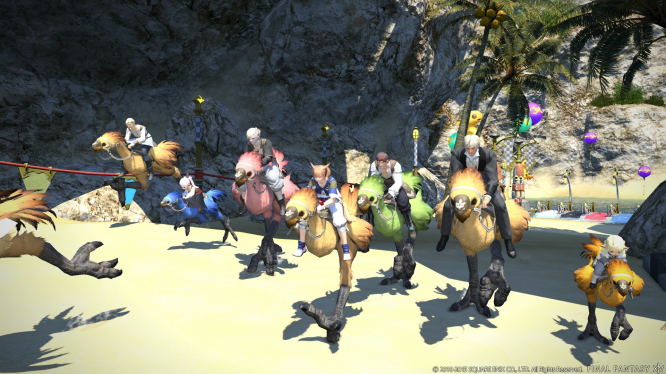
From a developer’s perspective, daily quests are kind of genius. Locking rewards behind a time-gated questing mechanic that entices players to logg in every day in order to complete these assignments is a great way to steer engagement. However, this design concept, more often than not, is usually used in the worst possible way. Daily quests are rarely rewarding or engaging, which means you’re typically going to spend your days rushing through them as fast as possible.
The big kicker here ties into a problem that a lot of MMORPGs have in common: playing the game isn’t the reward. Completing a series of rote quests day in and day out is no fun by any means, but we feel compelled to do it because of the rewards that we will eventually be given. This feeds into a lot of areas in MMORPGS, but that doesn’t mean we should just accept it and move on.
The fact of the matter is, daily quests suck. Very few games bother to implement them in a way that enriches the experience, and most players typically slog through them while keeping their eyes on the prize. On a conceptual level, daily quests are actually a smart idea, but they also need to be implemented in a way that doesn’t appeal to the lowest common denominator. Make the quests fun and dynamic, so that players don’t feel like walking into the ocean at midnight and never returning after doing one for the hundredth time.
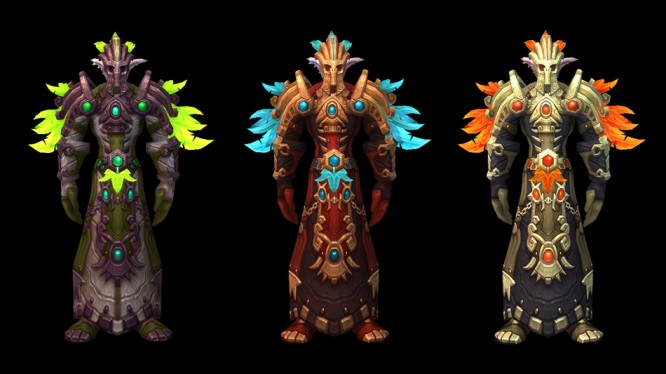
Yeah, I said it: Raid tiers need to be tossed in the fire. There was a day when raid tiers were a practical solution to a problem that many MMORPGs were beginning to experience as they expanded their content and raised the level cap. The fact that they still exist today and are still the staple of endgame progression in MMORPGs is nothing if not ludicrous.
For those unfamiliar (ignorance is bliss), raid tier is a fancy term to describe the jump in stats that sets of gear go through in order to keep up with the new requirements of new content. Basically, most games will have a few tiers of equipment that players work towards once they reach the level cap. This gear is usually earned in steps, so you can’t always jump to the highest tier of gear unless you’ve worked your way through the bottom steps.
When new content is released, such as an expansion, the stats of the monsters and dungeons you’ll tackle will scale upwards, meaning you need stronger equipment in order to tackle them. The problem is that these systems are usually implemented to the detriment of the game’s most dedicated players.
When a new raid tier is introduced, developers will often shallow out the difficulty curve for those who have not achieved the highest tier of gear in order to keep them moving along. On paper, this might seem like a smart way of keeping your endgame players, whether they are maximum tier or just beginning, roughly grouped together. The last thing you want, as a developer, is to have your player base spread out on a wide swathe of content, especially if much of it is quickly becoming irrelevant. Finding players for group content becomes much harder if everyone is spaced out, so developers feel inclined to help push the stragglers forward by reducing the difficulty and the grind.
So how is this a bad thing? Well, if you’re a casual player, it isn’t. It’s kind of awesome! If you’re on the other end of the spectrum, however, and you just spent two months grinding away at a boss for that coveted top tier gear only to have new content released a few months later that trivializes that boss for everyone else and hands everyone the same gear you shed tears and blood for, that kind of sucks. A lot of people simply shrug and continue onward, and I respect those people, because I’ve had enough.
Raid tiers are broken and archaic, and it’s time that developers found new ways of expanding the game without trivializing content and punishing their most dedicated users. EVE Online is a great example of a game that isn’t bound by tiered progression and benefits from is immensely. Of course, creating a system would be complex and complicated, but hey, I think you’re worth it!
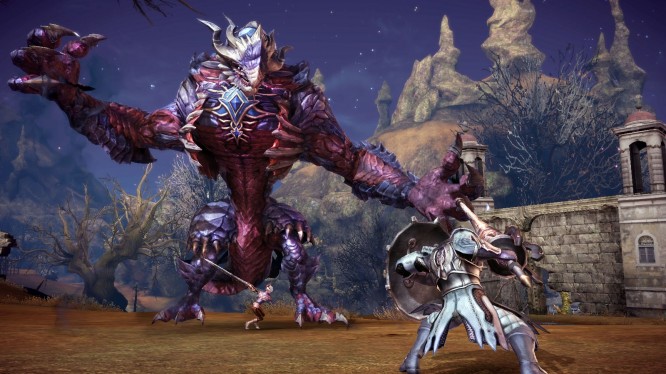
Coinciding with the issue of raid tiers is the other side of the coin: Developers lean on stats too much. The problem here is, much like raid tiers, MMORPGs are too reliant on tried and true methods. Look, we get it, MMOs are expensive to make, sure. But when that excuse starts to come between the genre and meaningful innovation, we have a right to get a little grumpy about it.
“Skill” is a relative term in MMOs that’s usually a doppleganger for “how high are your stats?” One of the things that I found so refreshing about digging into CD Projekt Red’s latest game, The Witcher 3: Wild Hunt was the fact that, with enough determination and actual skill, I could slay monsters well above my pay-grade. It adds a sense of realism to the world that many MMOs are sorely lacking because their basic fundamental systems refuse to acknowledge it. But the fact of the matter is, even if you’re cloth armor is 20 levels above my sword, it makes zero sense that I can’t do even a tiny bit of damage to it.
Stats are a meaningful metric to gating content for players and drawing out the game experience, but they’re also responsible for creating games that, at times, feel like skill is a non-issue if you’re geared enough. That notion removes all sense of satisfaction from the game, because as a player I am only as good as the suit of armor I wear.
Creating online worlds that weave skill and stats together would make for an ideal combination. Developers are able to access meaningful metrics to help design and portion out content, and players can feel like there is a real sense of progression to the game as they not only progress externally, but internally as well.
Final Fantasy XIV is actually a game that manages this surprisingly well. Don’t get me wrong, the emphasis on equipment is still too heavy, considering “progression” at times means getting a weapon with 2 more stat points. But the endgame content is largely a robust offering of encounters that require perfect timing and flawless coordination. Outside of endgame instances though, combat is usually a one dimensional affair—especially if you’re a white mage.
Tera deserves a nod for the way its combat works even outside of dungeons, as plenty of monsters are capable of murdering you with just a single misstep if you don’t learn to anticipate their moves.
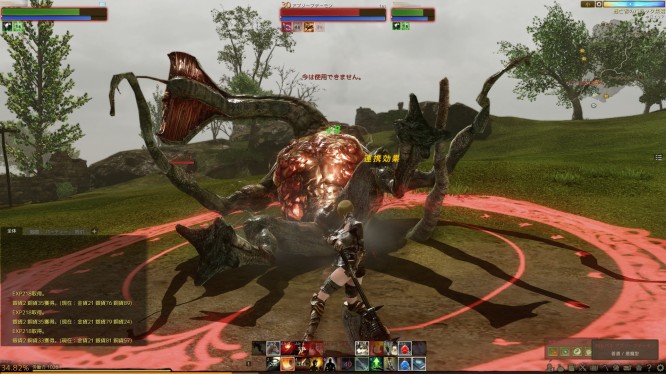
Nothing ruins the majesty of calling down a thunderstorm from the heavens quite like initiating such a complex magical procedure with the careless click of a button. Tab-targeting and hotkeys have been a staple of the genre for decades. And while I have to applaud games like The Elder Scrolls Online, Tera, and others for making strides to depart from this control scheme, it still just isn’t enough.
For one, tab-targeting has always been a rather cumbersome approach to selecting the proper target for your wrath. Most players will likely end up just selecting the proper target with their mouse because no one enjoys having to mash that key nine times just to find that one minion they need to destroy before the timer runs out and wipes the group. As I mentioned above, it also contributes to a sense that skill is less important, since once you’ve selected a target, all of your abilities immediately acquire homing powers.
Hotkeys also represent another pretty bland method of controlling your character and unleashing their coolest abilities. I can really appreciate the nuance of hotkey rotations; pulling them off perfectly to achieve maximum DPS is rewarding, but it also trivializes everything you’re actually doing by boiling it down to simple button presses.
Magic and abilities should, in theory, require more than a careless press to initiate, and it saddens me that more developers haven’t strived to invent more compelling systems for lobbing fireballs back and forth. Plenty of games have come up with interesting alternatives, like Magicka‘s rune combo system where you combine various runes on the fly to create different kinds of spells. Black & White has another great system where you use your mouse to draw patterns in the air in order to cast spells. Really, the possibilities are endless, so its a bit tragic that magic and ability systems have stagnated the way they have.
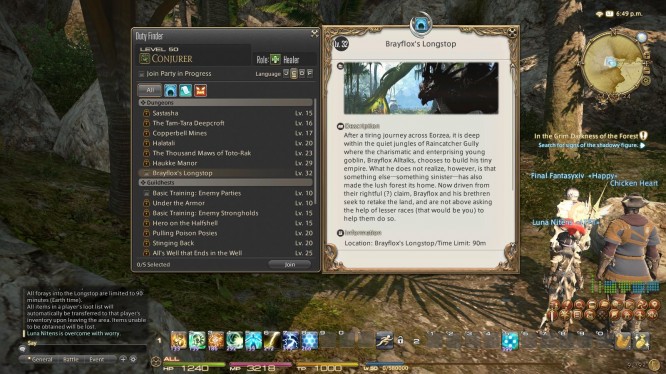
Everyone gets into MMOs for different reasons, so it makes sense that this item will appeal to some more than others. I, for one, have always enjoyed MMORPGs because they carried a sense of enchantment with them. Recently, however, the trend has been towards making these games as approachable as possible. Part of that push also brought in a bevy of quality of life enhancements geared at maximizing how productive you can be while playing the game.
The problem is that 90 percent of these systems kill any sense of immersion or physicality that the world might have. Being able to instantly enter a dungeon that is half way around the world kind of shatters the illusion. Fast travel is another aspect that instills a sense that the world you inhabit is tiny since you are capable of travelling to its farthest corners with a flick of the wrist.
These systems can be really helpful for players who don’t have a ton of time on their hands, and I’m certainly not lobbying that we do away with them entirely. I just find it disappointing that many developers aren’t willing to strike a balance and have instead swung one way or the other.
Consider The Witcher 3, for example. There is a fast travel system in the game, but it is relegated to signposts that you must travel to before gaining access to it. That type of smart system creates a sense of cohesion in the world that is an important ingredient in helping you want to be a part of it.
The issue isn’t black or white, but having a semblance of nuance to conveniently being able to teleport everywhere and anywhere would go a long way in creating memorable gaming experiences.
So there it is in all of its glory: My big list of gripes with the current status quo of MMOs. But enough about me, what about you? I’m sure we all have a personal wishlist of systems, concepts, or mechanics that we’d love to see die off as new generations of MMOs spring to life! We want to hear yours, so be sure to sound off in the comments and we can all vent together.

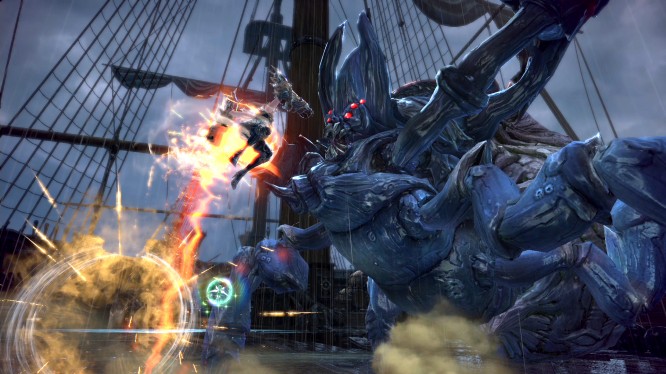
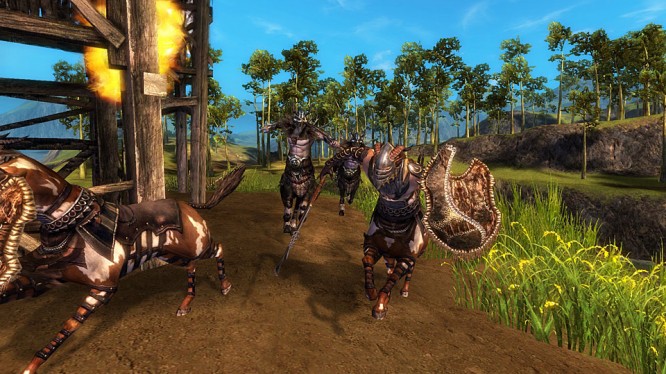
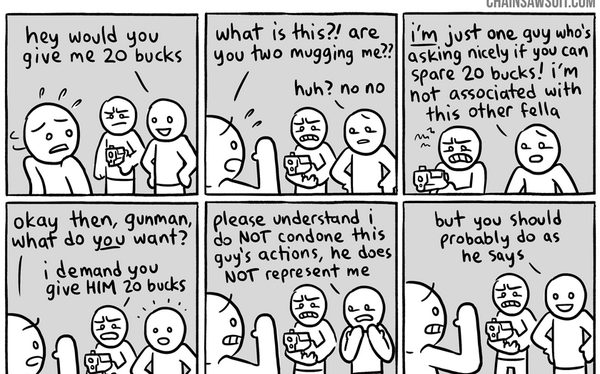
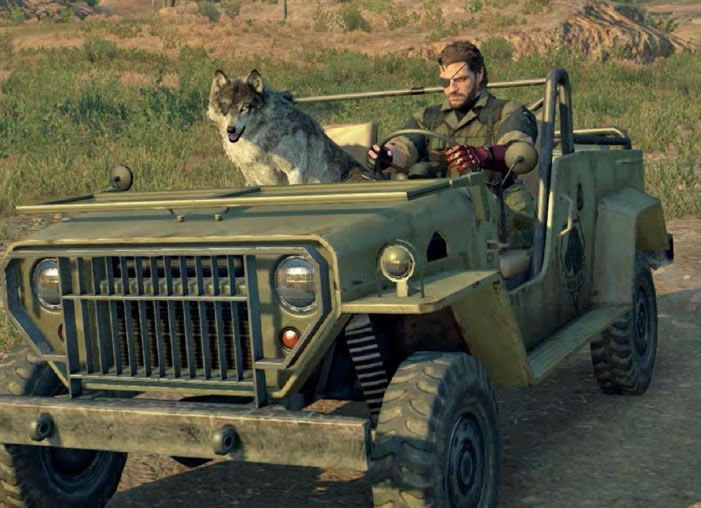 Metal Gear Solid V: The Phantom Pain Guide: How To Get A D-Dog
Metal Gear Solid V: The Phantom Pain Guide: How To Get A D-Dog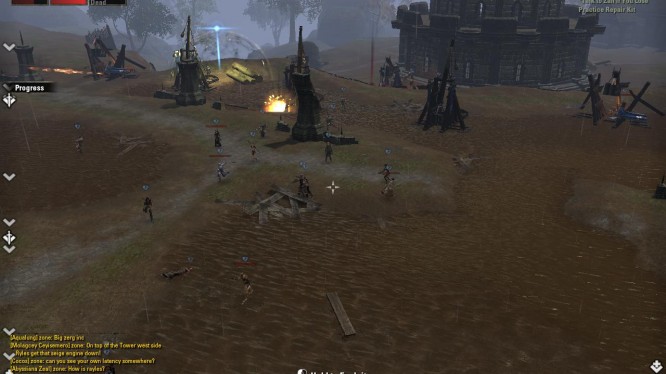 Elder Scrolls Online: Cyrodiil .
Elder Scrolls Online: Cyrodiil .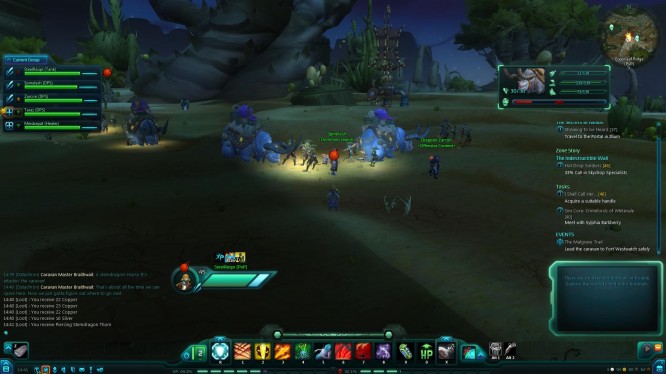 The Nexus Times: Wildstar Trail .
The Nexus Times: Wildstar Trail . MOBA Monday: 5 Ways League of Legends has Addressed Toxicity .
MOBA Monday: 5 Ways League of Legends has Addressed Toxicity .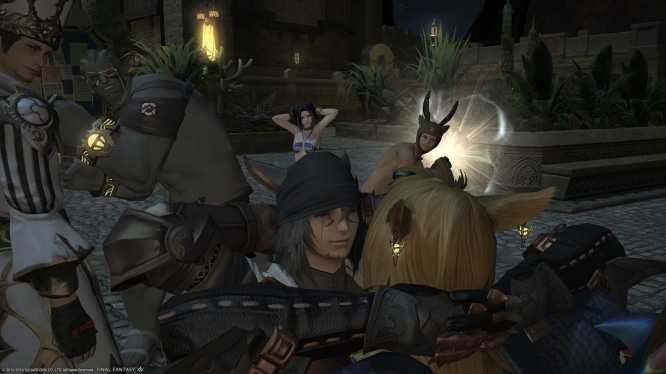 Are Guilds Still Relevant? .
Are Guilds Still Relevant? .